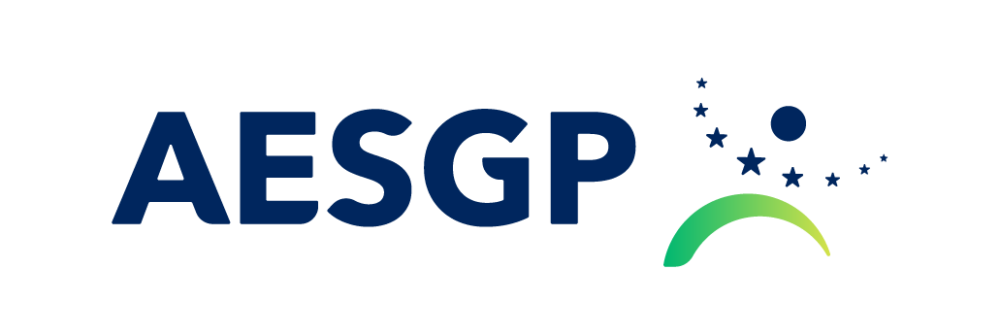Digital Transition
AESGP submitted its reply to the European Commission’s proposal for a Regulation of the European Parliament and of the Council on the European Health Data Space. While AESGP welcomed the initiative, it also highlighted the need to accompany enhanced data sharing with necessary (digital) literacy programs. Empowering individuals to control their health data is essential but helping them better understand this data is key to success and vital in building trust. This reply served as a basis for engaging with external stakeholders.
Electronic Product Information (ePI)
In February 2022, a report was released based on the results of a survey that was carried out in cooperation with the Inter-Association Task Force for electronic product information (composed of AESGP, EFPIA and Medicines for Europe) from March to April 2021 and targeted hospital pharmacists in 36 European countries, ultimately receiving 534 answers. The results of the survey clearly showed the need to integrate future-looking and practical proposals for an ePI in the upcoming revision of the EU pharmaceutical legislation. Such a proposal should contribute to patient access to information about their medicine, and when appropriate the reduction of paper waste.
The Task Force prepared a comprehensive proposal for modifications of the Directive 2001/83 to establish the legal framework for the stepwise introduction of electronic patient and users’ information and phasing out the physical package leaflet. The proposal has been shared with the Commission, Heads of Medicines Agencies (HMA) and EMA.
In practice, the proposal enables a stepwise approach for phasing out paper leaflets while still ensuring availability of minimum essential information to allow product identification and use by the patient at all times with a step-by-step revision of the content of product information. The drivers and benefits for all the stakeholders (patients, healthcare professionals, caregivers, regulators and industry) are further described in the Position Paper “Electronic product information: from principles to actions – AESGP, EFPIA and Medicines for Europe reflections on EMAHMA – EC Key principles for electronic product information”.
Independently of the digital leaflet, AESGP co-chaired the Content Working Group of the Inter-Association Task Force on ePI aiming to address the shortcomings of the leaflet, as evidenced by the Nivel report published in 2015. The report’s recommendations were reflected in the European Commission’s Communication and in the European Medicines Agency’s action plan but were not acted upon due to a lack of resources. Under the leadership of AESGP, the Content WG interacted with patients, healthcare professionals and user testing companies to get their feedback on the product information leaflet. Their remarks echoed the findings of the Nivel report and underscored the need to address these shortcomings to improve health literacy and ensure the leaflet is fit for purpose.
Real World Data (RWD) - Real World Evidence (RWE)
The AESGP RWD/RWE Working Group continued to explore the potential usage of Real World Data (RWD) – Real World Evidence (RWE) for OTCs and focused its efforts on mapping the strengths and weaknesses of available data sources.
In addition, AESGP was involved in the Global Self-Care Federation RWD/RWE Working Group. Discussions focused on defining the scope of the work and the construction of a playbook, which will bring together a collection of best practices in the area.
